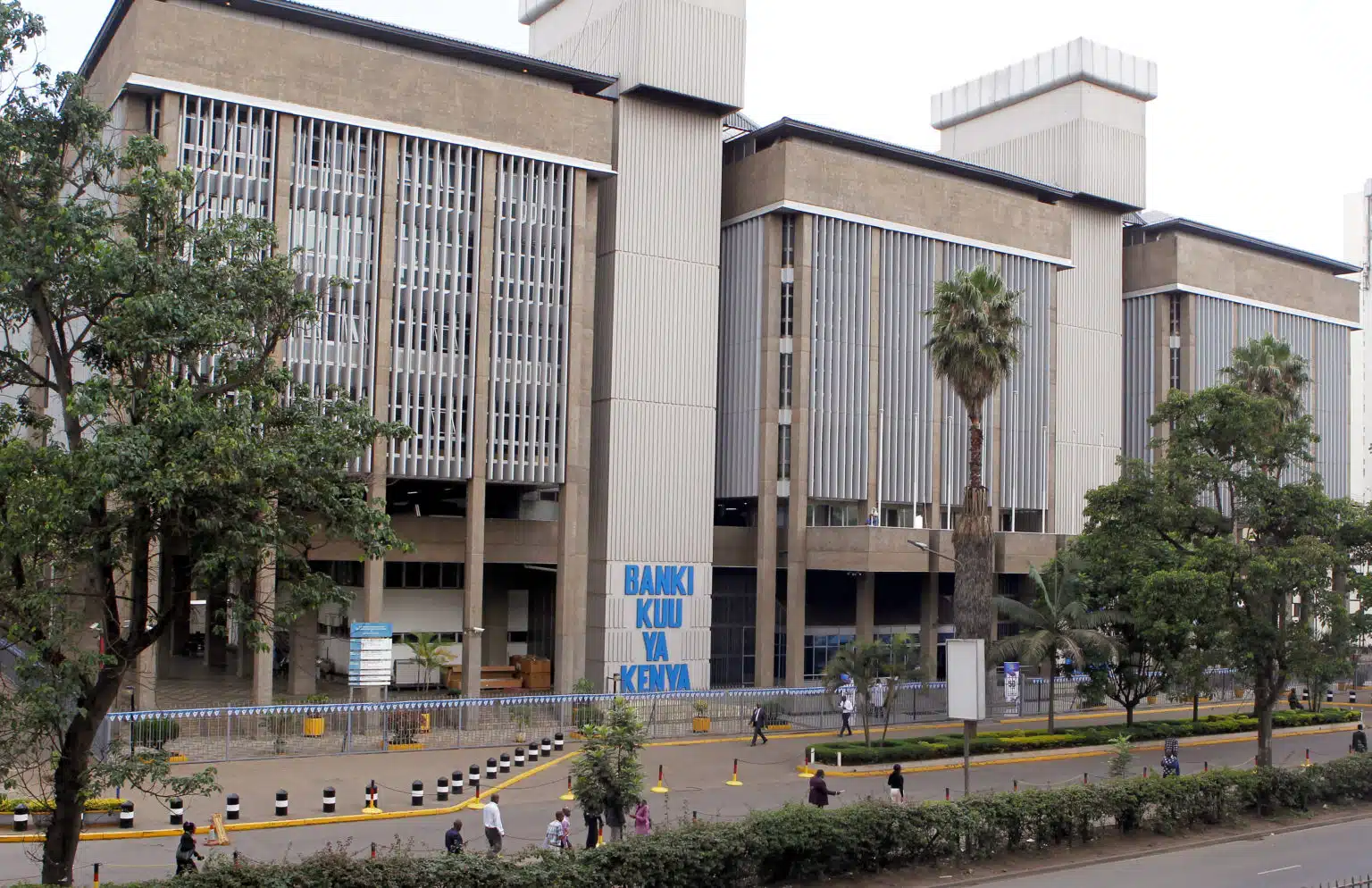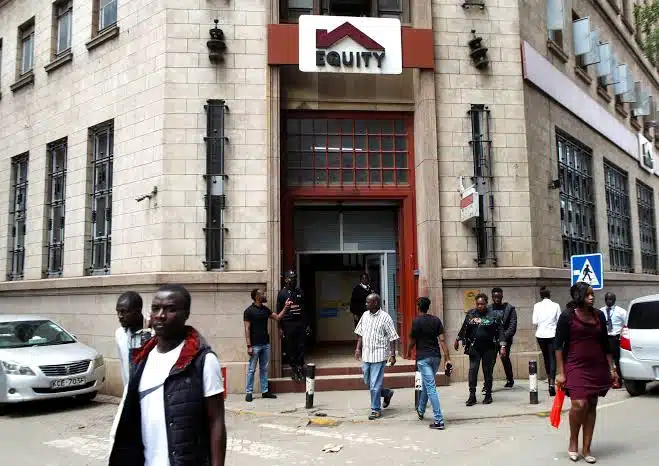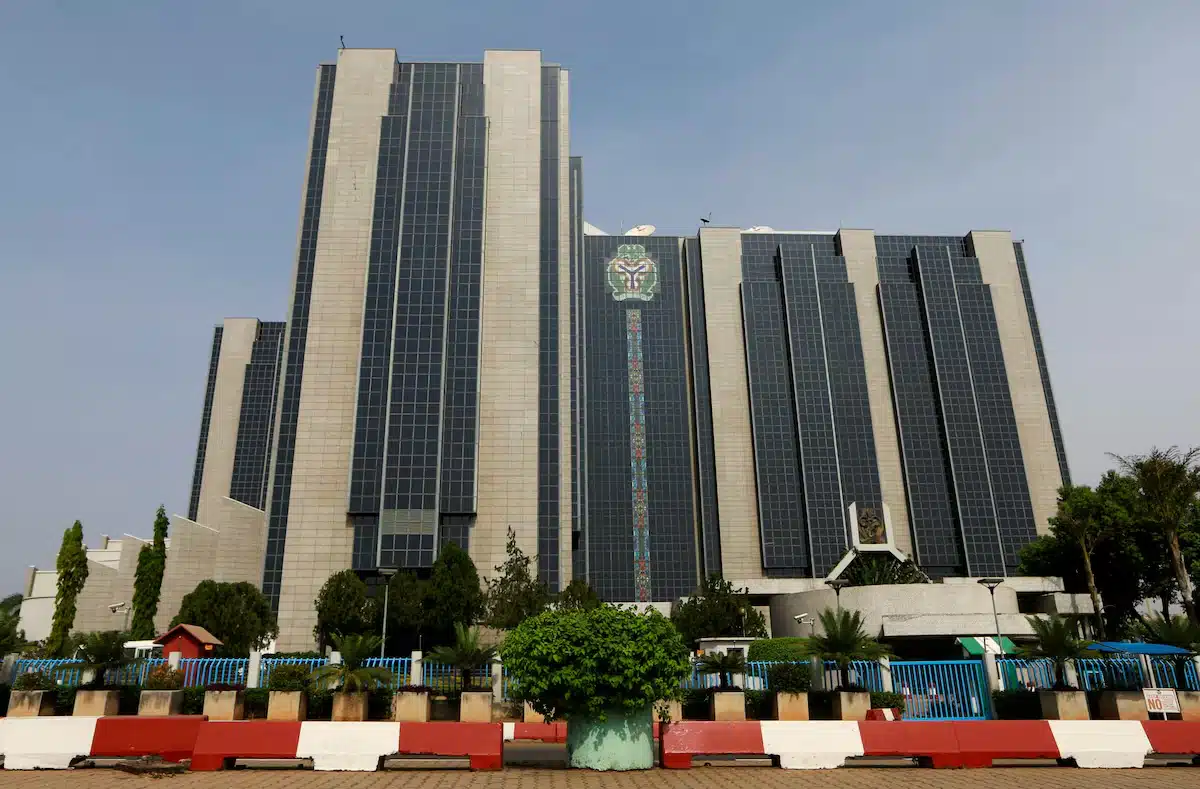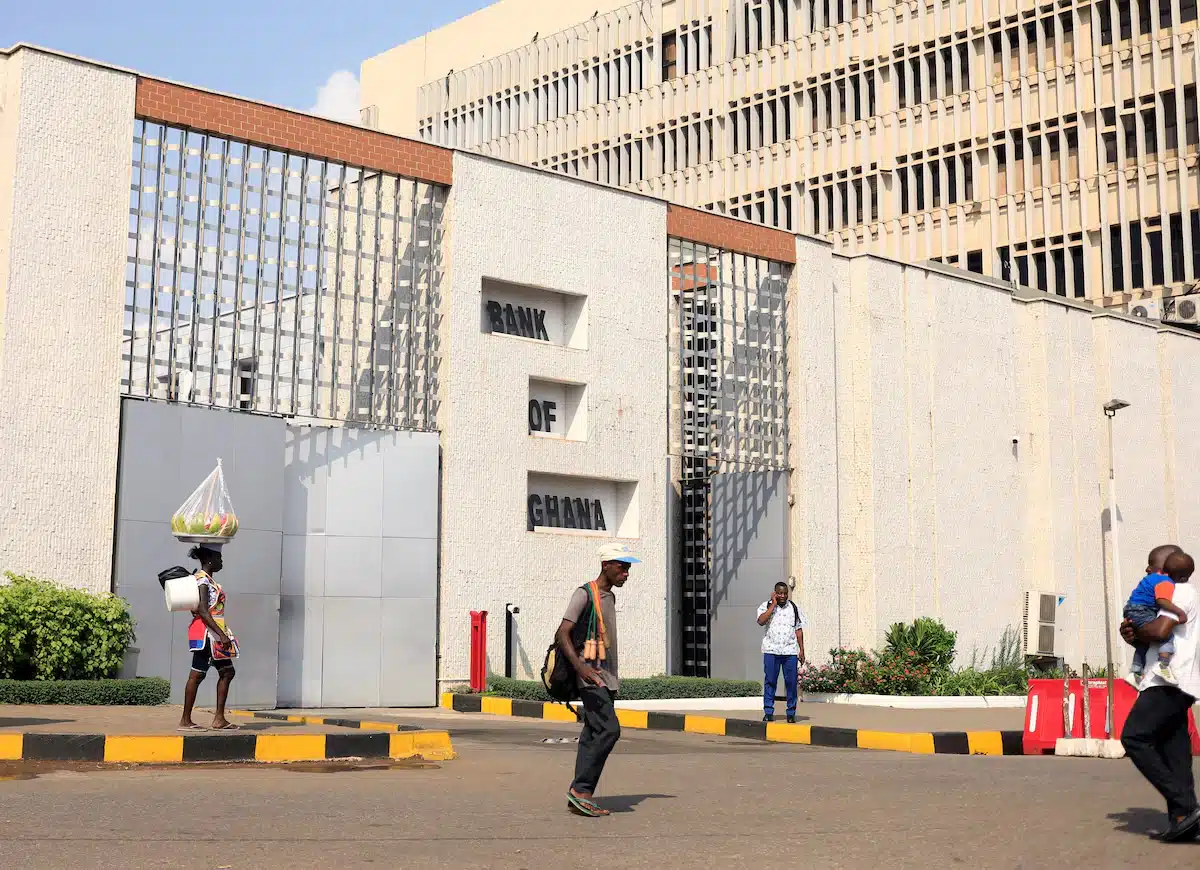Kenya’s central bank has revoked the licence granted to Pakistan-based Bank Al-Habib Limited (BAHL), following the bank’s formal exit from the country in May—marking the latest in a growing trend of foreign financial institutions scaling back their presence across Africa.
In a statement on Monday, the Central Bank of Kenya (CBK) said it had withdrawn approval for BAHL to operate its Representative Office in Nairobi.
The cancellation follows the South Asian lender’s earlier notice that it would cease operations in Kenya effective May 15, as part of a broader strategy to consolidate its international footprint and shift focus to faster-growing markets.
Headquartered in Karachi, BAHL was authorised by CBK in 2018 to establish a Representative Office in Nairobi, primarily to facilitate marketing and liaison functions related to its trade finance and corporate banking services.
Part of a wider trend
BAHL’s departure is part of a growing trend of foreign banks scaling back or leaving African markets.
Earlier in June, South Africa’s FirstRand confirmed it had secured regulatory approval to take over the corporate clients of UK lender HSBC, which is winding down its South African operations after 30 years. HSBC’s exit will be completed by October 31, 2025.
More broadly, the last decade has seen a steady retreat by major foreign lenders. Standard Chartered, Barclays, Atlas Mara, Credit Suisse, and several French banks including BNP Paribas and Société Générale have all significantly scaled back or exited African markets, citing continous structural challenges.
StanChart, for example, has exited businesses in Zimbabwe, Angola, Cameroon, Gambia, Sierra Leone, Jordan, Lebanon and Tanzania, and is actively seeking buyers for its retail banking units in Botswana, Uganda, and Zambia.
While not leaving the continent entirely, the bank said in April plans to refocus its African strategy on wealth and transaction banking in key markets such as Egypt and Morocco.
According to financial analysts, foreign banks are retreating largely due to low profitability across the continent.
Structural hurdles such as high operating costs, regulatory constraints, and intense intense competition from local players have made it difficult for global banks to sustain commercial success in Africa.
Experts also cite rising non-performing loans, concentrated exposure to sovereign debt, and weaker institutional environments as factors limiting foreign participation in African banking systems.
Calls for African-led solutions
Marlene Ngoyi, CEO of the Fund for Export Development in Africa (FEDA), the investment arm of Afreximbank, said in a recent interview that the continued exit of international banks and reduction in donor support highlights the need for African countries to strengthen regional financial institutions.
“We see international banks exiting Africa. On the donors’ front, we see that some donors are retracting entirely. All these are reminders of how important it is for us to be self-reliant,” she said.
Ngoyi added that multilateral lenders must become stronger and more strategic. “We are the people countries come to when there is no liquidity in the market. More than ever, we need very strong multinational organisations in Africa.
FEDA manages $1 billion in investments aimed at promoting industrialisation, intra-African trade, and value-added exports.
Small exit, big signal
While BAHL’s exit is relatively minor—it had no retail operations in Kenya—it adds to growing concerns about reduced access to trade finance and foreign capital as more global lenders cut back their presence.
As international players pull out, financial experts say the burden now falls on African governments, regulators and multilateral institutions to ensure the continent’s banking sector remains stable, competitive and inclusive.










